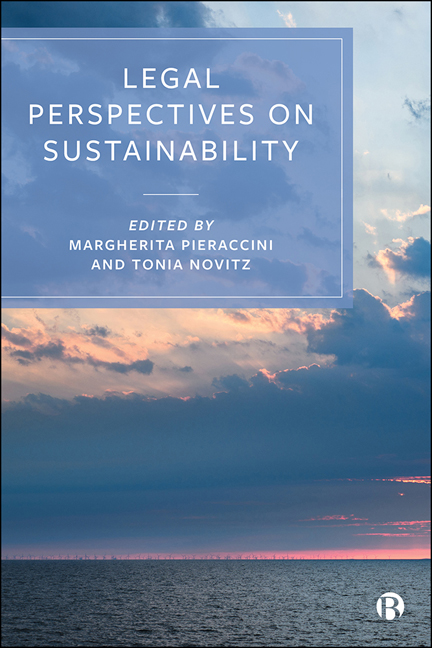6 - Social Sustainability, Labour and Trade: Forging Connections
Published online by Cambridge University Press: 03 March 2021
Summary
Introduction
The idea of labour standards as constitutive of ‘sustainability’ has begun to emerge in the sphere of the academic literature on labour law (Galgoczi, 2014; Frey and McNaughton, 2016; Polomarkakis, 2019). Previously, analysis tended to be confined largely to the ways in which regulation of labour markets and trade union action could promote (or obstruct) inter-3generational environmental sustainable development (Lund, 2004; Räthzel and Uzzell, 2013). The notion that labour law might be itself a key facet of the ‘social’ and ‘economic’ pillars aimed at intra-and inter-generational sustainability is only slowly taking hold. In this sense, connections are still being forged.
The notion that labour standards and sustainability are profoundly connected has been carried forward, to a limited extent, in the 2015 United Nations (UN) Sustainable Development Goals (SDGs) (Agenda 2030 Resolution A/RES/70/1). Examples include SDG 8, which aims to ‘[p] romote sustained, inclusive and sustainable economic growth, full and productive employment and decent work for all’, alongside SDGs 5, 10 and 16. The extent to which the targets in the SDGs cohere with the International Labour Organization (ILO) treatment of ‘decent work’ and the norms which the EU promotes in its trade policy will be considered.
Curiously, it is the European Union (EU) that has taken the lead on labour conditionality as a feature of sustainable development in the context of trade. Examples include the ‘Sustainability and Good Governance’ incentive provisions in the EU Generalised System of Preferences (Regulation (EU) No 978/ 2012) and design of ‘labour chapters’ as part of ‘sustainable development’ objectives in free trade agreements (FTAs).
The difficulty seems to be that the global consensus around labour as a facet of social and economic sustainability reflected in the SDGs is not a neat fit with ILO standards; nor does Agenda 2030 necessarily endorse the ways in which the EU pursues sustainability through its external relations policies. This chapter considers how these tensions may be resolved.
- Type
- Chapter
- Information
- Legal Perspectives on Sustainability , pp. 159 - 186Publisher: Bristol University PressPrint publication year: 2020

